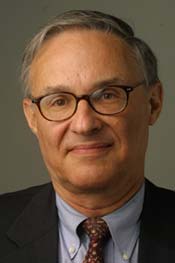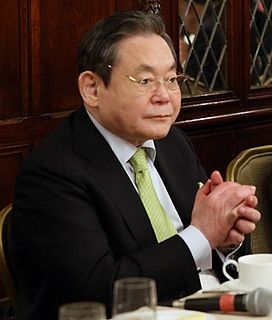A Quote by Leon Kass
But veteran lawmakers torn apart by PTSD don't have a choice about being Exhibit A in the case against Washington politics. When you see what can happen to a page or a junior congressman, it passes on in a very real way, not in a history-class sense, that reality of what political power really is, .. Who are we to impose this emotional albatross on public servants? As a nation, we pretend to elect our leaders. It seems unjust to make them a special class to suffer for our sins over wrongheaded laws, or pay a continuing emotional price for securing their future careers.
Quote Topics
About
Against
Albatross
Apart
Being
Careers
Case
Choice
Class
Congressman
Continuing
Elect
Emotional
Exhibit
Future
Future Careers
Happen
History
Impose
Junior
Lawmakers
Laws
Leaders
Make
Nation
Our
Over
Page
Passes
Pay
Political
Political Power
Politics
Power
Pretend
Price
Ptsd
Public
Public Servants
Real
Reality
Really
See
Seems
Sense
Servants
Sins
Special
Suffer
Them
Torn
Torn Apart
Unjust
Very
Veteran
Washington
Way
Related Quotes
I was aware that I had to pay off things in a convincing emotional fashion, that I had to address the lingering plot points in some real tangible sense, and that I had to make this a self-contained novel, in case I'm run over by a bus tomorrow or in case there's no demand for anyone to ever see a sequel. (Two things that I hope don't happen, incidentally.)
A great numb feeling washes over me as I let go of the past and look forward to the future. Pretend to be a vampire. I don't really need to pretend, because it's who I am, an emotional vampire. I've just come to expect it. Vampires are real. That I was born this way. That I feed off of other people's real emotions. Search for this night's prey. Who will it be?
Emotional dependence is the opposite of emotional strength. It means needing to have others to survive, wanting others to "do it for us," and depending on others to give us our self-image, make our decisions, and take care of us financially. When we are emotionally dependent, we look to others for our happiness, our concept of "self," and our emotional well-being. Such vulnerability necessitates a search for and dependence on outer support for a sense of our own worth.
The United States is a special case, and for me, very interesting. It's studied carefully and we know a lot about it. One of the most striking features of the elections is the class-based character of the vote. Now, class is not discussed or even measured in the United States. In fact, the word is almost obscene, except for the term "middle class." And you can't get exact class data; the census doesn't even give class data. But you can sort of see the significance of it just from income figures.
One way we exercise political freedom is to vote for the candidate of our choice. Another way is to use our money to try to persuade other voters to make a similar choice - that is, to contribute to our candidate's campaign. If either of these freedoms is violated, the consequences are very grave not only for the individual voter and contributor, but for the society whose free political processes depend on a wide distribution of political power.
Everyone from Adam Smith, John Stewart Mill, they were all reforms. What they wanted to reform was getting rid of this parasitic landlord class that had conquered England in 1066 and it's the heirs of the military warlords who ended up taking the land and making everybody pay them and all of their descendants just for having been conquered. You can see the carry-over of this today. The rent that people have to pay, the money they have to pay the banks instead of having a public option. That's the price they still have to pay for being conquered.
We do not go to bed in single pairs; even if we choose not to refer to them, we still drag there with us the cultural impedimenta of our social class, our parents' lives, our bank balances, our sexual and emotional expectations, our whole biographies-all the bits and pieces of our unique existences.
If you deny any affinity with another person or kind of person, if you declare it to be wholly different from yourself - as men have done to women, and class has done to class, and nation has done to nation - you may hate it or deify it; but in either case you have denied its spiritual equality and its human reality. You have made it into a thing, to which the only possible relationship is a power relationship. And thus you have fatally impoverished your own reality.




































